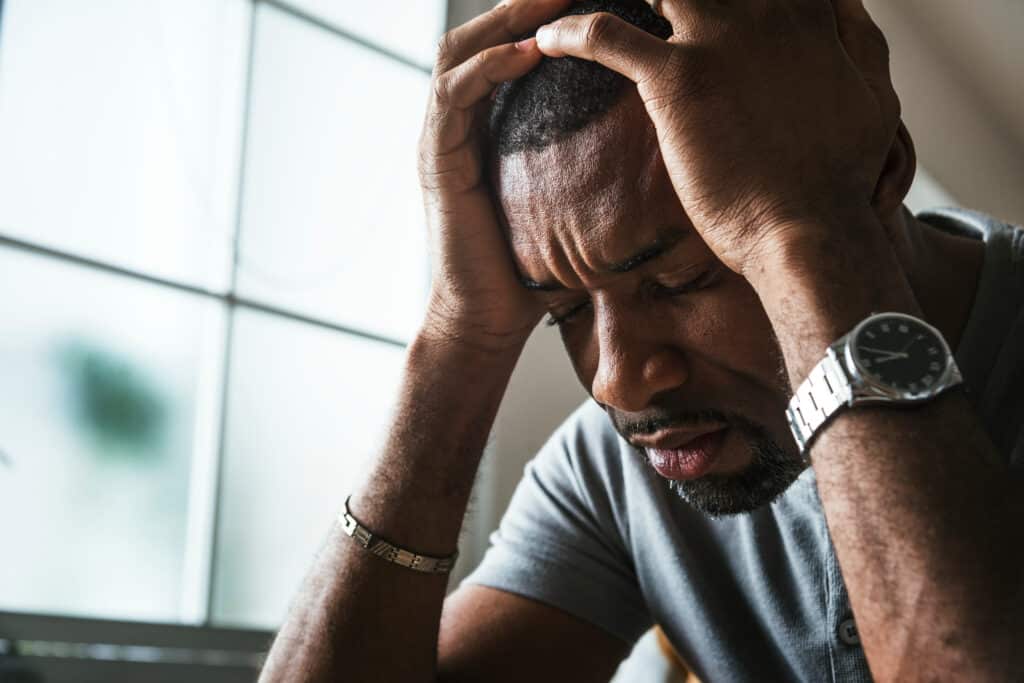What is Grief & Loss?
Grief and loss can be one in the same. Grief can be the response you experience after a loss. Grief is often described as the emotional suffering you feel when someone close to you passes away. Many other tragedies can cause grief such as an unwanted divorce, an abusive relationship, when a loved one loses themselves in drug or alcohol abuse.

Grief and Loss FAQs
What are some symptoms of grief & loss?
- Feelings of Agitation
- Difficulty Making Decisions
- Low Self-Esteem
- Apathy
- Anger
- Despair
- Fear
- Loneliness
- Powerlessness
- Shame
- Guilt
- Feeling Weak and Tired Often
- Muscle Tension
- Headaches
- Stomachaches
What are some causes grief & loss?
- Unwanted Divorce
- An Abusive Relationship
- Betrayal In a Relationship
- Abandonment
- Miscarriage
- Death of a Loved One
- Divorced Parents
- When a Loved One Loses Themselves in Drug or Alcohol Abuse
How Long Does It Take To Get Through the Grieving Process?
It is very different for each person. There is no time limit on grief, unfortunately, grief may last a lifetime, but doesn’t have to control your life. Never compare your progress to someone else’s because there is no “right” way to grieve.
How Can I Cope With Grief and Loss?
Never try to go through the grieving process alone. You may turn to loved ones, or professionals, or others in a grief and loss support group. Studies have shown that if you are able to connect with at least one person who relates to what you are going through, your process will be much more manageable.
Another important mental health topic in general is self-care. It is extremely important to maintain good self-care during the grieving process. For example, eating healthy foods that give us energy on those days we don’t feel like doing anything. Getting enough sleep is critical, sleep deprivation can lead to all types of mental health problems. Finding something to get your body moving or continuing on your exercise routine as this stimulates our brains to produce more dopamine, that “feel good” chemical. Lastly, be patient with yourself; don’t judge your grieving
Are There Really Stages of Grief? If So, What Are They?
Elizabeth Kubler-Ross, a Swiss-American psychiatrist and a pioneer in near death research was the first to discuss “stages” of grief. In 1969, she wrote the book, “On Death and Dying.” Her 5-stage theory is called the “Kubler-Ross Model.” The stages are as follows, denial, anger, bargaining, depression and finally acceptance. And interesting fact is that her work and research evolved primarily from work with terminally ill patients. When an individual considers grief and loss, we usually think of ourselves losing someone else, not the reality of our own mortality.
What Other Areas of My Life Will Be Impacted?
Many people do not consider what impact grieving has on their spiritual life. Some may feel they have a solid idea through their religious or spiritual belief systems, but experiencing grief and loss can bring up many questions and uncomfortable feelings. Following are some examples, feeling lost, empty and numb about spirituality. Feeling angry or punished by God. Questioning your own desire to continue living. You may start to question your long held spiritual beliefs and feel confused as to what you truly believe.
Most important to remember, when it comes to grieving, is that you are not alone, you can reach out and find someone who is, or has gone through something similar to what you are going through. We are all in this life together, so after you have successfully maintained after your personal loss, reach out to others to offer help, contributing to others, or service, is another great way to battle the painful feelings you many continue to have.

